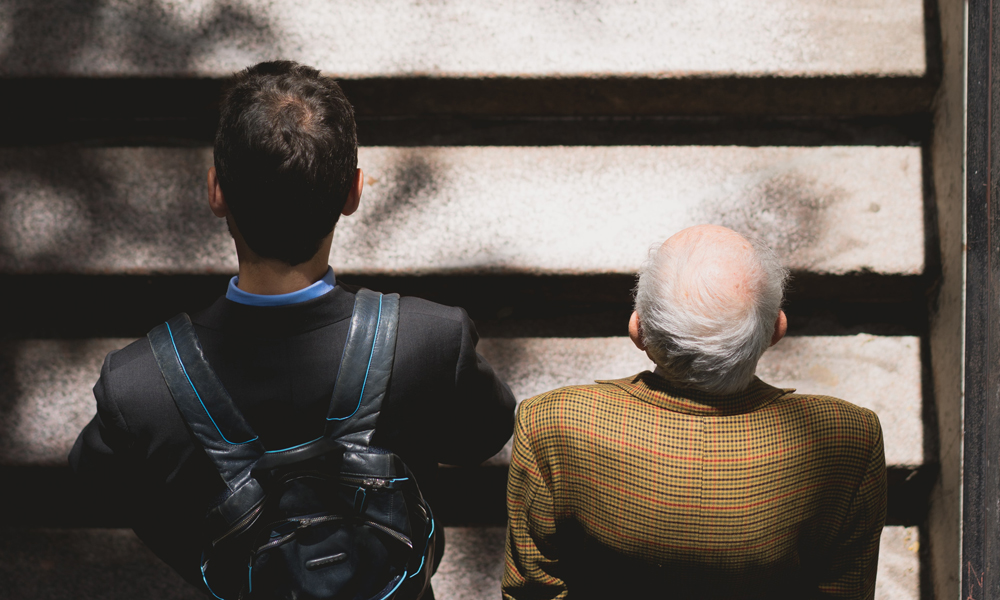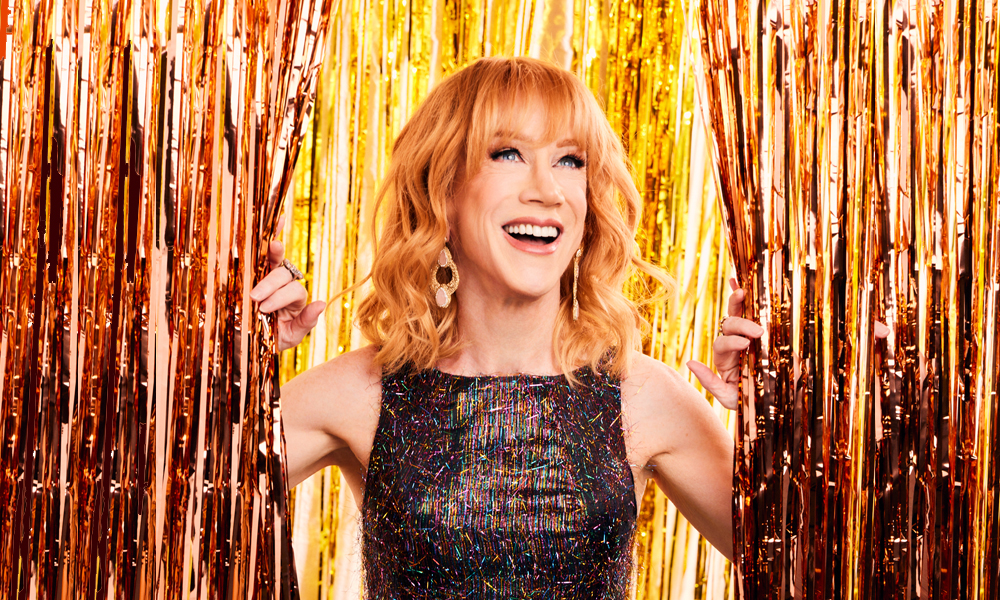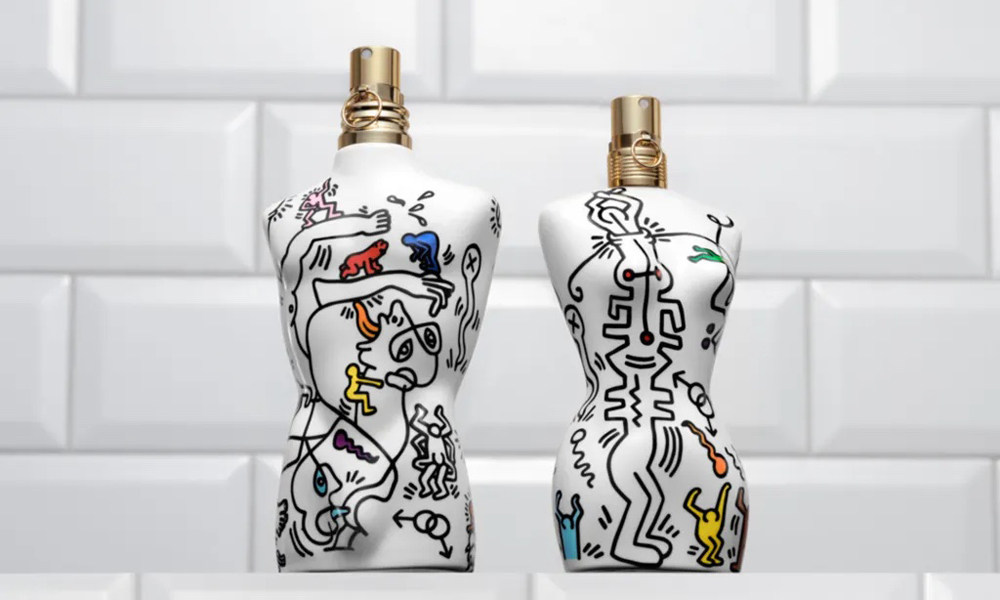Being an LGBTQ2+ caregiver can be tough. But what happens when the caregiver needs care?…
By Jumol Royes
I’m blessed to have two parents who are both relatively healthy and independent, but that doesn’t mean it’s smooth sailing and blue skies all the time.
They’ve each had their own health hiccups over the years – some more serious than others – and I’ve had to step up and play a more active role in their lives. That could mean advocating for them when they have medical appointments or procedures, or encouraging them to change their eating habits (an uphill battle when it comes to my dad, but I keep soldiering on).
Not that I’m complaining. Not really, anyway. My parents have done and sacrificed a lot to give me and my sister the best life possible. As their dutiful son, I’m content to take care of them as they age, even if they do get on my nerves every now and then. When push comes to shove, I wouldn’t have it any other way.
For the moment, managing their needs is workable. But lately I’ve been wondering: who will come to my aid when I need support down the road?
More LGBTQ2+ millennial adults are becoming caregivers to aging parents, not to mention chronically ill partners, children with special needs, and chosen family, friends and neighbours. According to the Ontario Caregiver Organization’s website, “some estimates suggest there may be up to 250,000 caregivers across Canada who care for or are 2SLGBTQ+ identified themselves.”
The truth is, we’re not prepared.
LGBTQ2+ caregivers face unique challenges depending on who they’re tending to. For some, taking care of an ailing parent could mean moving back home and dimming their queerness to make their loved one feel more comfortable. Others may be caring for a long-term partner without being given the same recognition and respect that caregivers in heterosexual couples receive. Add to that the homophobia and transphobia that still exists in health and social care systems, and it’s easy to understand why being a caregiver and a member of the LGBTQ2+ community can be fraught with frustration.
There’s a lack of specialized services and supports for LGBTQ2+ caregivers in Canada, and that needs to change. We must do a better job of ensuring that all caregivers have access to the resources they need to cope so they don’t find themselves isolated and overwhelmed.
As LGBTQ2+ caregivers, we also need to reframe the way we think about caring for ourselves.
Supporting a friend or loved one when they’re sick or struggling is second nature to many of us. We’re usually known as the helpers and fixers in our families and friend groups. I know that rings true for me. What comes less naturally is asking for and accepting help when I need it. Prioritizing self-care is a daily, sometimes moment-by-moment, commitment.
I can get so caught up trying to control my own circumstances, while concurrently trying to manage my parents’ issues and their choices, that I forget life is messy. That is, until I get a not-so-subtle kick in the ass reminding me that I’m not responsible for everyone else and it’s not my job to make everything better.
It’s a given that we’re all going to fall apart, have breakdowns and meltdowns and be in crisis. When that inevitably happens, it’s okay to allow people in so they can offer us a shoulder to lean on. We owe it to ourselves to turn off caregiver mode every now and then. Constant caregiving leads to burnout, and then we’re no use to ourselves or anyone else.
In those moments when we’re alone and external support isn’t easily within reach, it’s on us to fill our own cups first so we can offer what flows out and over to others. A very wise person once told me, “If you’re waiting for someone to come save you, stop waiting. They’re not coming.” That was the day I realized I had to be the hero of my own story and learn how to save myself.
Being an LGBTQ2+ caregiver can be tough. As my parents grow older, I know there will be good days and some not-so-good days that will require me to seek support and shower myself with my own care, comfort and concern.
Sometimes what caregivers need most is to be handled with care.
—
JUMOL ROYES is IN Magazine’s director of communications and community engagement, a Toronto-area storyteller, communications strategist and glass-half-full kinda guy. He writes about compassion, community, identity and belonging. His guilty pleasure is watching the Real Housewives. Follow him on Twitter at @Jumol and on Instagram at @jumolroyes.






POST A COMMENT